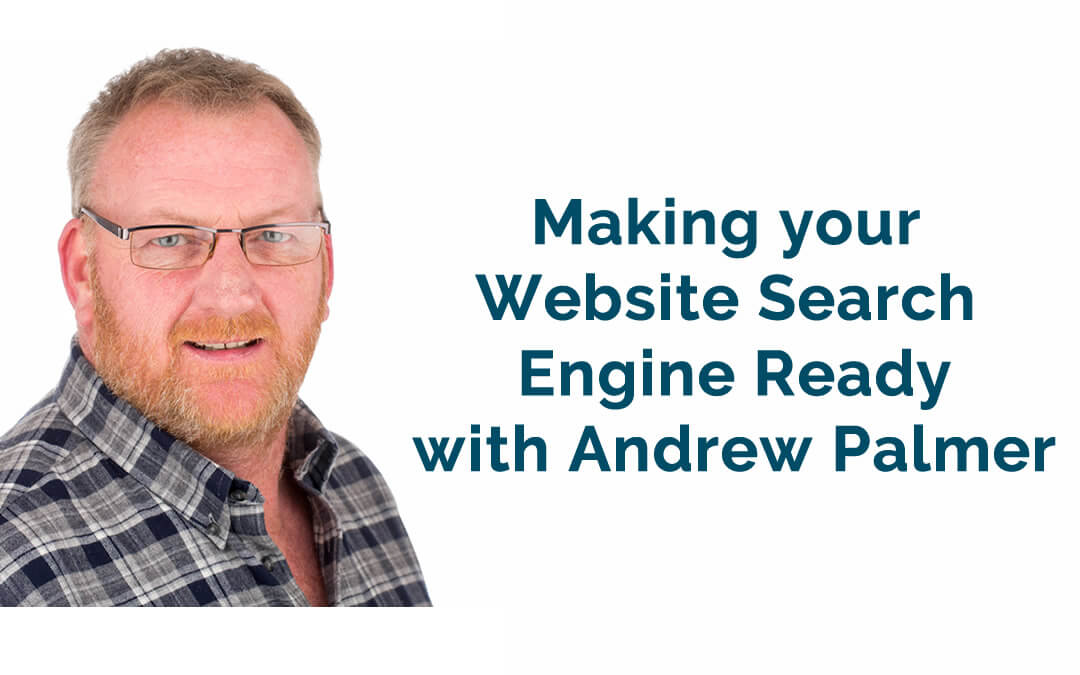Search engine optimization involves a lot of techniques. Both on-page and off-page SEO require lots of attention to detail and a variety of methods. Boiling down SEO into only a few tips is tough, but there are several key factors that you need to pay attention to. Whether you’re a professional website designer or you’re just building a website for yourself, you can’t neglect SEO. Search engine optimization gets your website seen in search results so that you have to spend less on advertising. You’ll get more visitors if you can rank your site for important keywords and phrases. Use the following three tips to get your SEO on track.
Optimize Metadata and Content Keywords
The first thing you should do before you start optimizing for SEO is to work out what keywords you want to use. You likely want to target between one and three main keywords for your website. To figure out what they should be, you need to do some keyword research. Find out what people are searching for using tools like the Google Adwords Keyword Planner. As well as your primary keywords, you’ll also want to have various related ones that you can use in your website content.
To integrate your keywords, you need to include them in your content, as well as in your metadata. Your SEO titles and descriptions should contain your keywords because these are what Google and other search engines read and display in search results.
Use Fresh and Valuable Content
Keeping your website updated is excellent for SEO. Search engines favor sites that are regularly updated to keep their content fresh. To begin with the very basic rules, you should make sure that your website doesn’t have any duplicate content. Don’t have any pages with the same content, and definitely don’t steal content from elsewhere. You should also make sure that you provide useful and informative content, whether you post blog posts, infographics or videos.
Keeping a blog is a great way to keep your content fresh. You can regularly upload new posts so that the website stays up to date. However, it’s also a good idea to maintain your main pages. Keep the information correct and check for things like broken links so that you’re sure that everything works.
Improve Website Speed and Usability
It’s not just what’s on your website that matters. How it works is important too, and its speed is one of the biggest things that can affect its performance. Search engines take the speed of your site into account when deciding where it should rank in search results. Not only that, but people like faster sites too. If your site takes too long to load, it can put people off. A faster site can mean a lower bounce rate and better conversions. As well as speeding up your site, you should make sure that it’s easy to use. It should be easy to navigate and provide an intuitive experience.
These three SEO tips should get you started with mastering SEO. Employ a range of techniques to improve your website.
If you want to up your game on SEO, consider taking part in my SEO course – making your website search engine ready – it even gives advice on compression and is delivered in a friendly, easy to follow manner.






